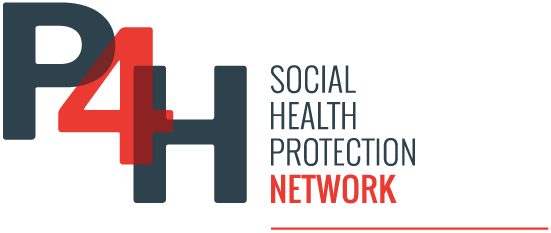Public Vs. Private Health Insurance in Germany
In Germany, every resident must have health insurance, choosing between public statutory insurance, which is income-based, covers essential care, and includes dependents at no extra cost, or private insurance, which offers modular plans with potentially faster access...
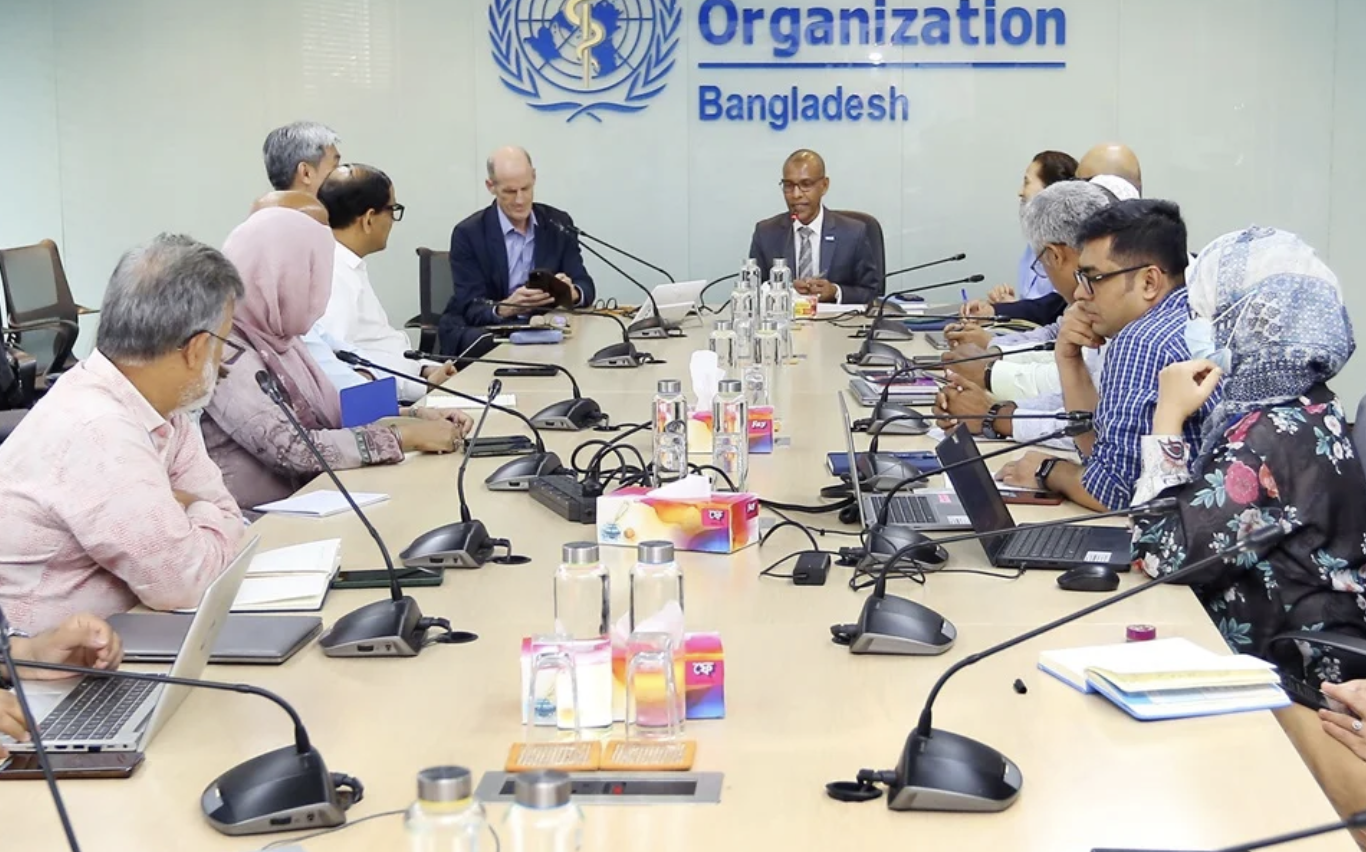
Shastha Chorcha Forum: Advancing Universal Health Coverage in Bangladesh
The second “Shastha Chorcha” by WHO Bangladesh gathered global and local health leaders to address challenges in achieving Universal Health Coverage. Emphasis was placed on innovation, leadership, community engagement, and collaboration for sustainable health...
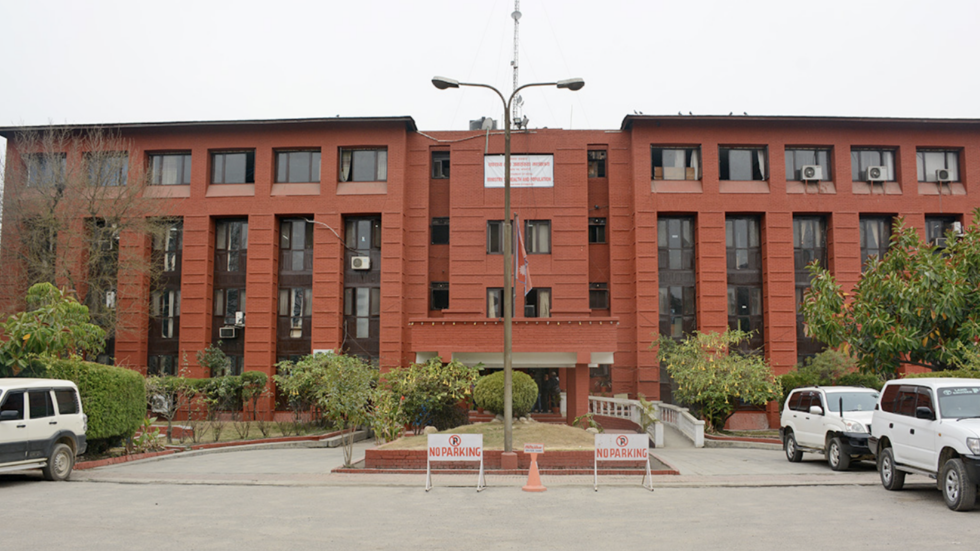
Nepal Health Minister announces doubling of insurance support for patients with severe illnesses
Nepal will double health insurance support for eight critical illnesses to Rs 200,000 from July, also expanding enrollment, funding, and including compulsory insurance for government employees for greater program sustainabilityNepal’s Minister for Health and...

Hungary Freezes Prices on Dozens of Medicines to Protect Families and Pensioners
Hungary’s government and pharmaceutical sector agreed to freeze prices on 44 common medicines at end-2024 levels until June 2026, aiming to curb inflation and protect families and pensioners from unjustified price hikesHungary has entered a voluntary agreement with...
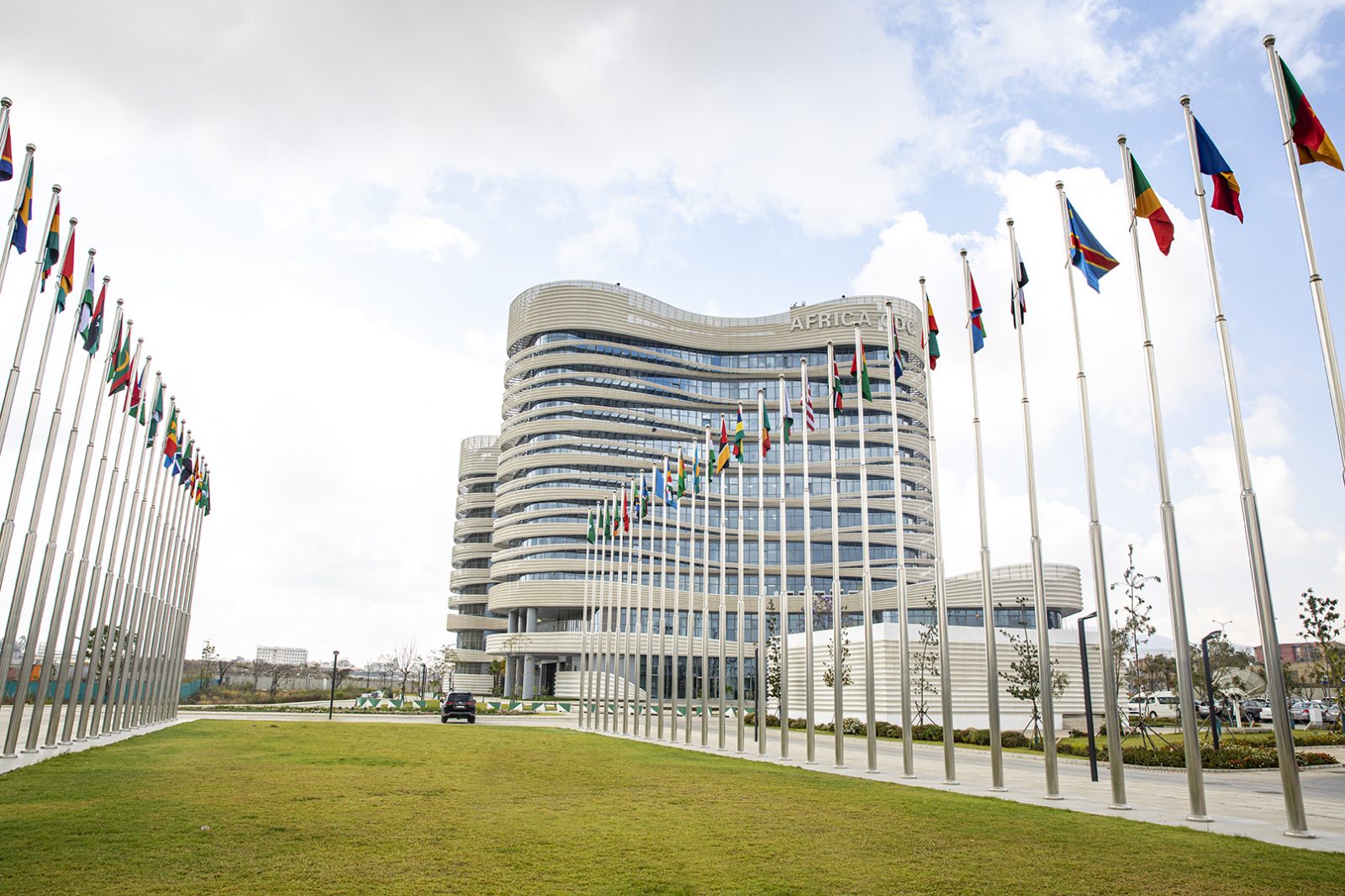
Africa CDC launches digital portal to boost NTD elimination efforts across 50 countries
Africa CDC and partners launch a digital portal to help 50 AU countries plan and finance efforts to eliminate NTDs by 2030, aligning with AU’s Agenda 2063 and national health strategies.Fifty African Union Member States have endorsed a new digital micro-planning...
Designing a Roadmap for Health Technology Assessment Implementation in Algeria
This 2024 article aims to characterize the status of Health Technology Assessment (HTA) in Algeria and describe the future directions for HTA implementation according to the priorities set by local stakeholders
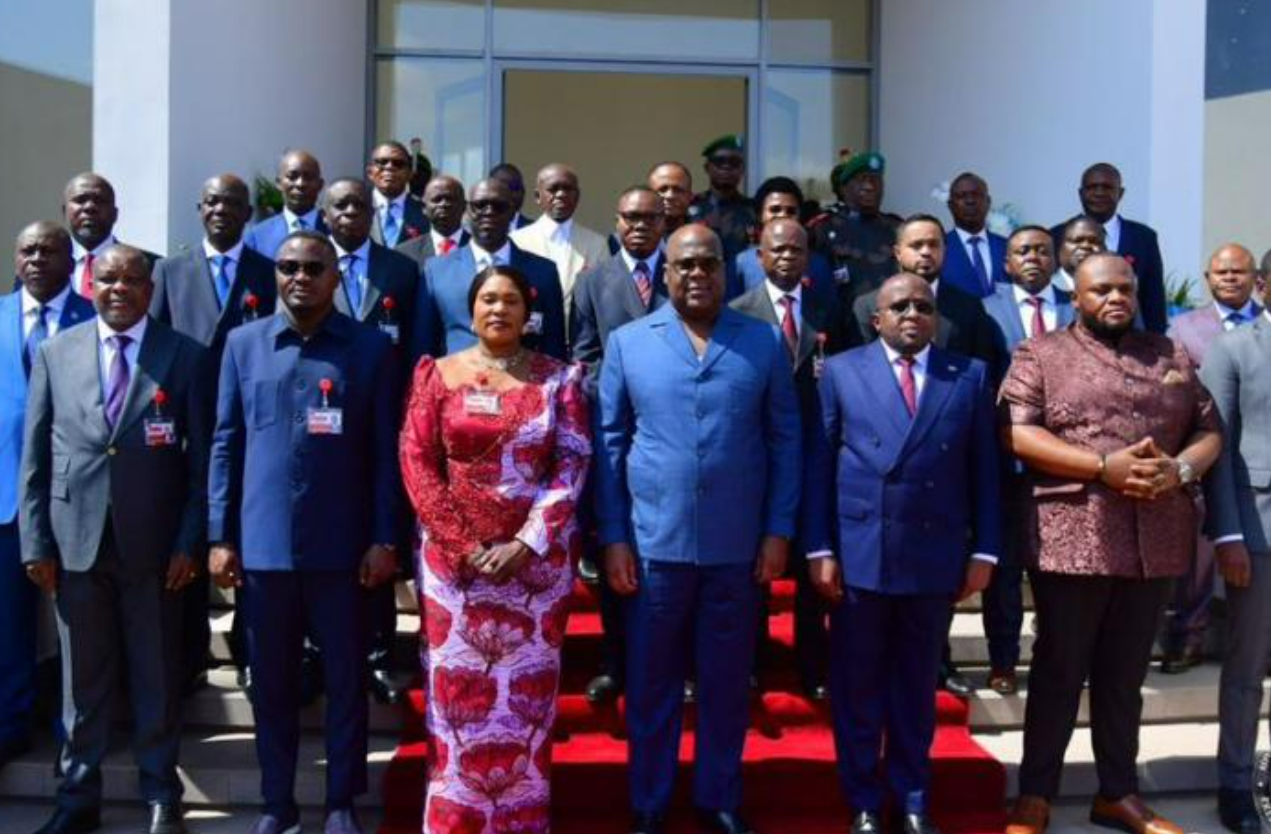
President of the DRC affirms that health is a budgetary priority
The President of the Democratic Republic of Congo has called on provincial leaders to devote at least 15% of their annual budgets to the health sector. Health is a collective responsibility and a crucial objective for the future of the nation, a right for all, not a...
Can people afford to pay for health care? New evidence on financial protection in Portugal
Portugal faces higher-than-average catastrophic health spending in Europe, primarily impacting the poorest households and driven by outpatient medicine costs. Despite universal access based on residence and a relatively comprehensive benefits package, coverage gaps...
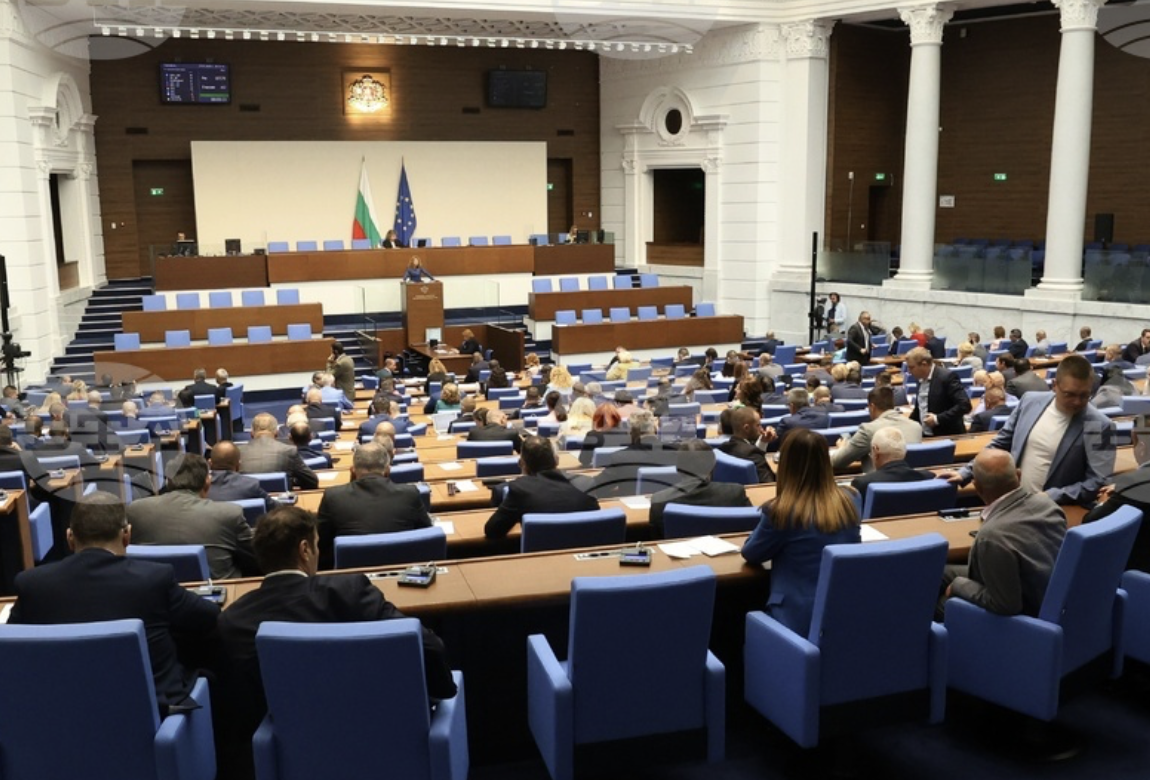
Bulgarian National Assembly Amends Health Insurance Act to Enhance NHIF Management Amid Deficit Concerns
Bulgaria’s National Assembly amended the Health Insurance Act to add a second NHIF deputy governor for better management amid growing fund deficits. Controversy arose over reinstating spending limits on medical care, with critics warning of financial strain on...

Imagining health financing as a shared public-private investment
A new report urges G20 leaders to redefine health financing as a coordinated, strategic investment, leveraging both public and private sectors to build resilient, equitable health systems for all.At the Fourth International Conference on Financing for Development...
National Health Policy and factors predicting its implementation at the local level in Nepal
This study assessed the implementation of Nepal’s National Health Policy at the local level, finding that health workers had moderate awareness, with main challenges including inadequate infrastructure, limited skilled professionals, and insufficient funding. Regular...

Sierra Leone advances towards universal health coverage with key bill discussion
Sierra Leone’s Ministry of Health, supported by the WHO, held a high-level dialogue on the draft bill to establish the Sierra Leone Agency for Universal Health Coverage (SLAUHC), aiming to unify and streamline national health financing through integration of the Free...

Evolving healthcare in Southern and Southeast Asia
Rapid ageing and rising non-communicable diseases are straining South and Southeast Asia’s underfunded healthcare systems. Countries are boosting funding, adopting digital health, and improving preventive care, but rural access gaps and high costs persist despite...

Redesigning Fiji’s Primary Healthcare System for Equity
Fiji’s dispersed geography and workforce shortages limit healthcare access in rural areas. Efforts to strengthen community health workers, leverage digital tools, and prioritize locally-driven, continuous care aim to ensure all citizens receive essential primary...
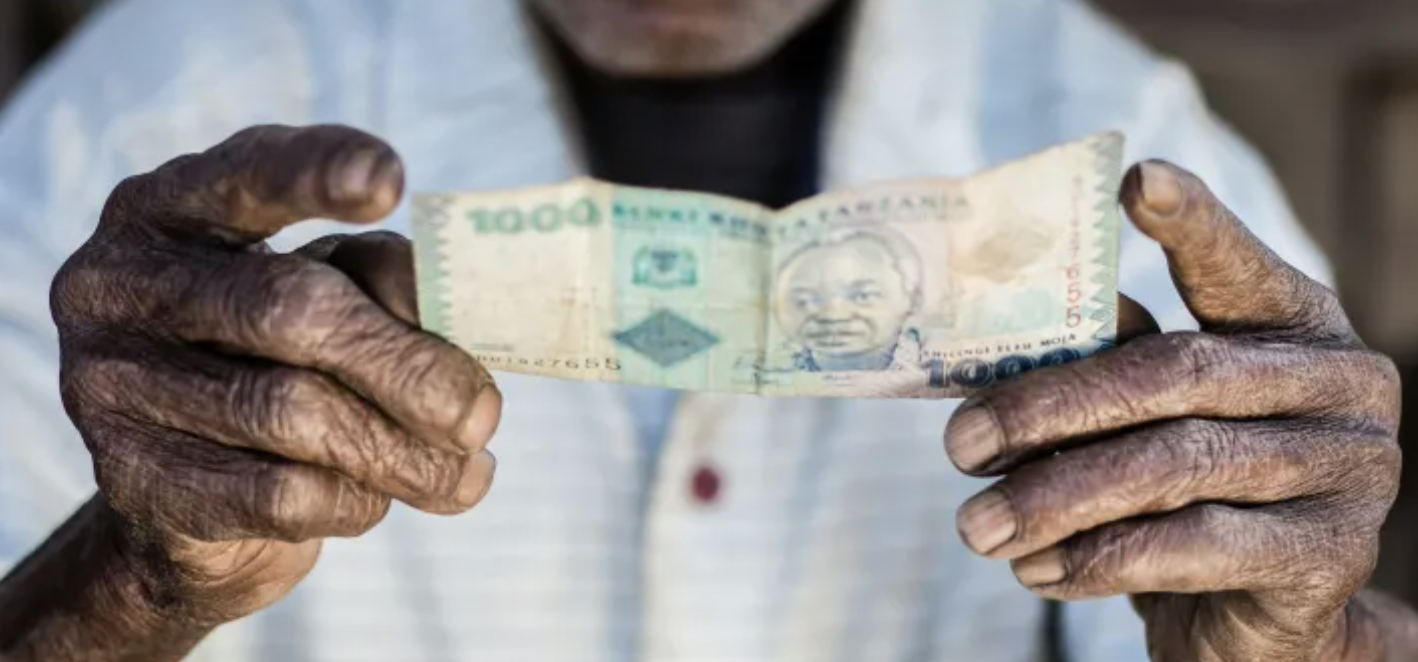
Sustainable sanitation finance to achieve health for all
A shift toward local currency financing is helping underserved sanitation sectors access capital, manage risk, and scale impact. Nigeria offers a compelling case, but the model has global potential.As development finance adapts to new global challenges, a growing...
